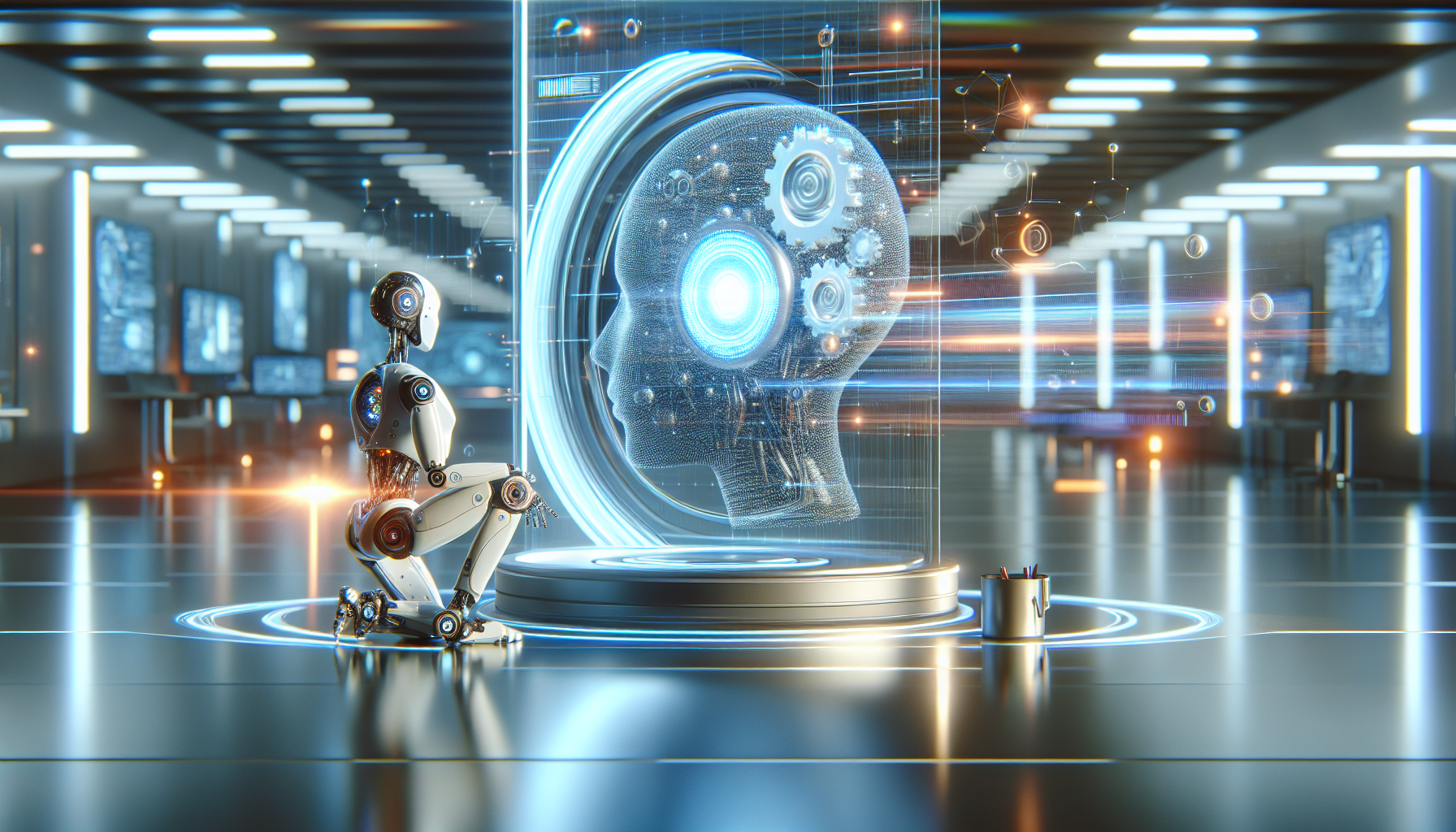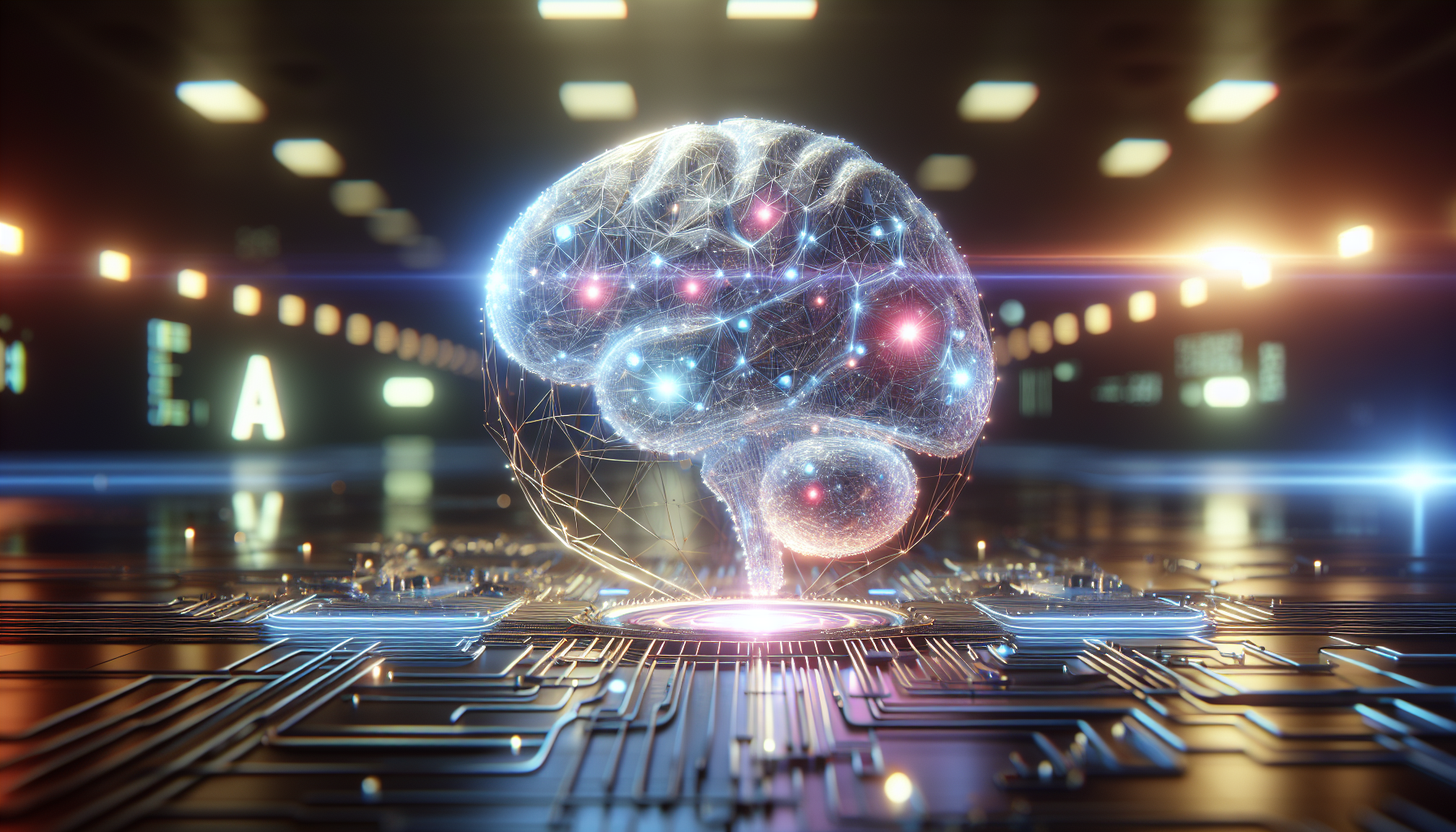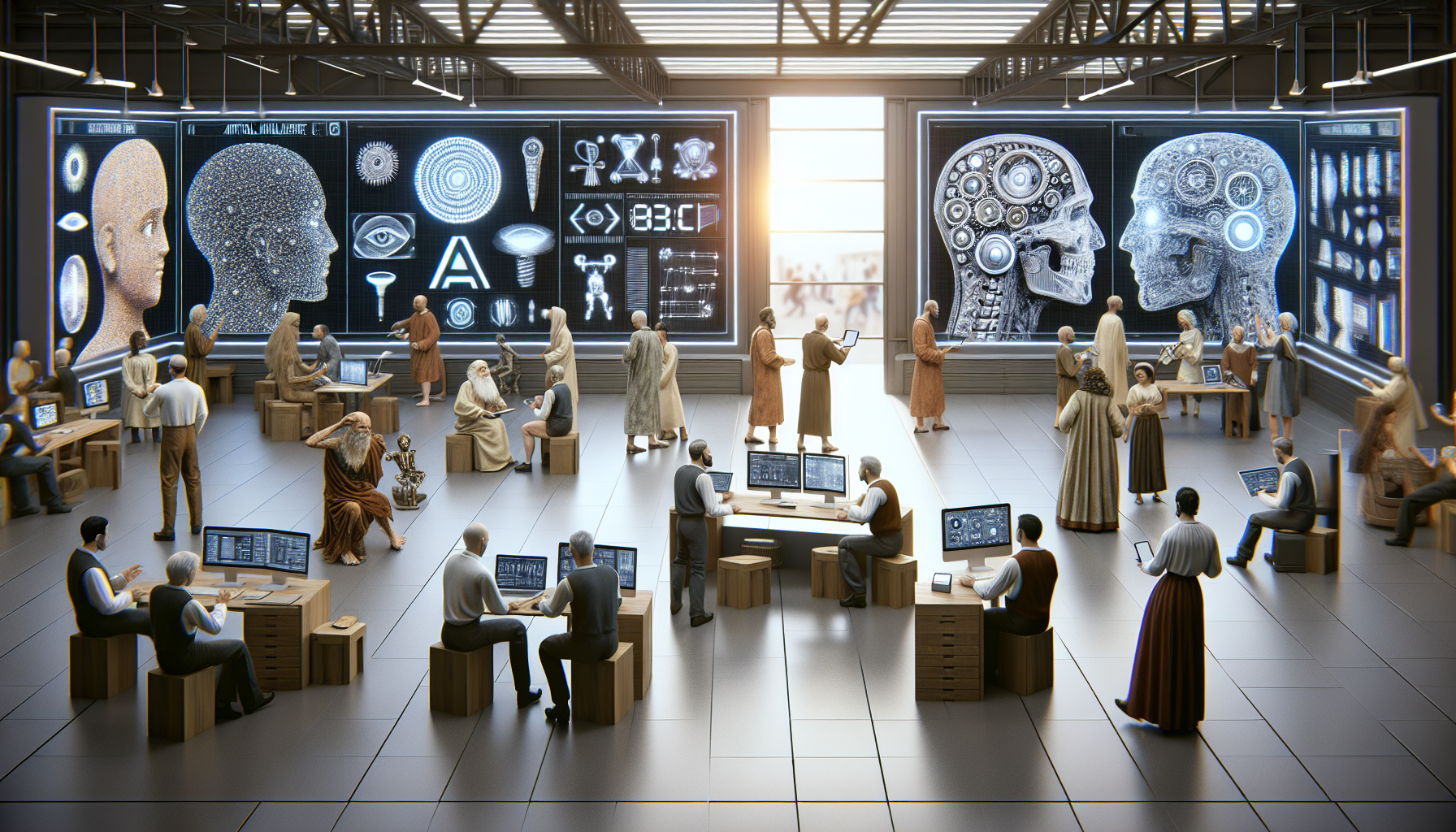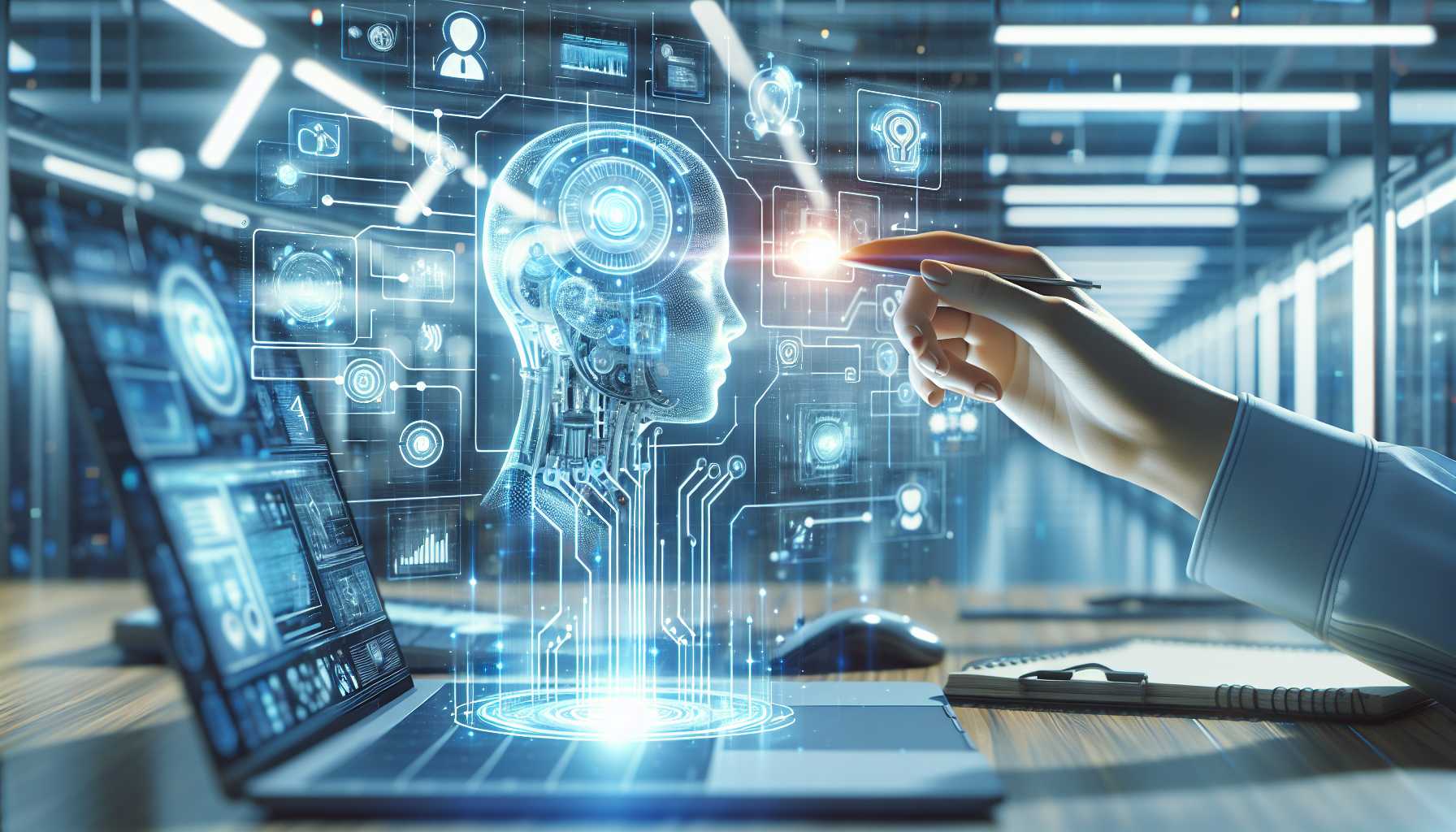
AI and the Future of Urban Living: Can Smart Cities Truly Enhance Our Lives?
July 21, 2025
Have you ever imagined living in a city where traffic jams are a thing of the past, pollution is minimized, and everything from streetlights to public transport operates efficiently through intelligent systems? It sounds like something out of a sci-fi novel, but the concept of smart cities is becoming more tangible every day, thanks to the marvels of artificial intelligence. The role of AI in developing smart cities is not just transformative; it's revolutionary, and it prompts us to consider how these advancements might shape our urban future.
Let's dive into the core of what makes a city "smart." At its essence, a smart city leverages data and technology to improve the quality of life for its residents. AI is the driving force behind this transformation, enabling cities to collect, analyze, and act on massive amounts of data in real-time. This capability allows urban centers to optimize resources, reduce environmental impact, and enhance the overall living experience for their citizens.
A fascinating aspect of AI in smart cities is its potential to personalize and adapt to the needs of its inhabitants. Imagine a city that learns your daily routine—adjusting traffic signals to ensure a smoother commute or rerouting buses based on real-time demand. These intelligent systems can make city living more efficient and less stressful. But beyond convenience, AI has the potential to tackle more significant urban challenges.
Take pollution, for instance. AI-powered sensors and data analytics can help monitor air quality and identify sources of pollution, enabling cities to take proactive measures. This doesn't just improve public health; it also contributes to a more sustainable environment. Additionally, AI can optimize energy consumption, reducing waste and lowering carbon footprints. Imagine streetlights that dim when no one is around or buildings that automatically adjust their energy use based on occupancy—these are not far-fetched ideas but attainable goals with AI.
However, implementing AI in urban planning isn't without its challenges. One of the main concerns is data privacy. With cities collecting vast amounts of information from residents, ensuring that this data is secure and used ethically is paramount. The potential for surveillance and the misuse of personal data is a genuine concern that needs to be addressed with robust policies and transparent governance.
Moreover, the integration of AI into urban infrastructure requires significant investment and a willingness to overhaul existing systems. This can be a daunting prospect for cities with tight budgets or those resistant to change. There's also the risk of widening the digital divide, where only affluent cities can afford to become "smart," leaving others lagging behind.
Yet, the potential benefits of AI in smart cities cannot be ignored. Beyond enhancing individual experiences, AI can foster social cohesion and economic growth. Smart cities can become hubs of innovation, attracting businesses and talent, thus boosting local economies. By creating more resilient and adaptive environments, cities can better withstand the challenges posed by climate change and population growth.
But do smart cities truly enhance our lives? It's a question that invites reflection. On one hand, AI offers incredible possibilities for improving urban living. On the other, it raises ethical and practical challenges that necessitate careful consideration. As we move forward, it's crucial that we engage in open dialogues about how these technologies are implemented and who benefits from them.
AI has the potential to reimagine our cities in ways that prioritize sustainability, efficiency, and quality of life. Yet, it's up to us to shape these developments thoughtfully, ensuring that our cities remain not just smart, but also inclusive and equitable. As we stand at the crossroads of technological advancement and urban development, perhaps the most important question isn't just about what AI can do for our cities, but how we can harness its power to create a better future for all.


